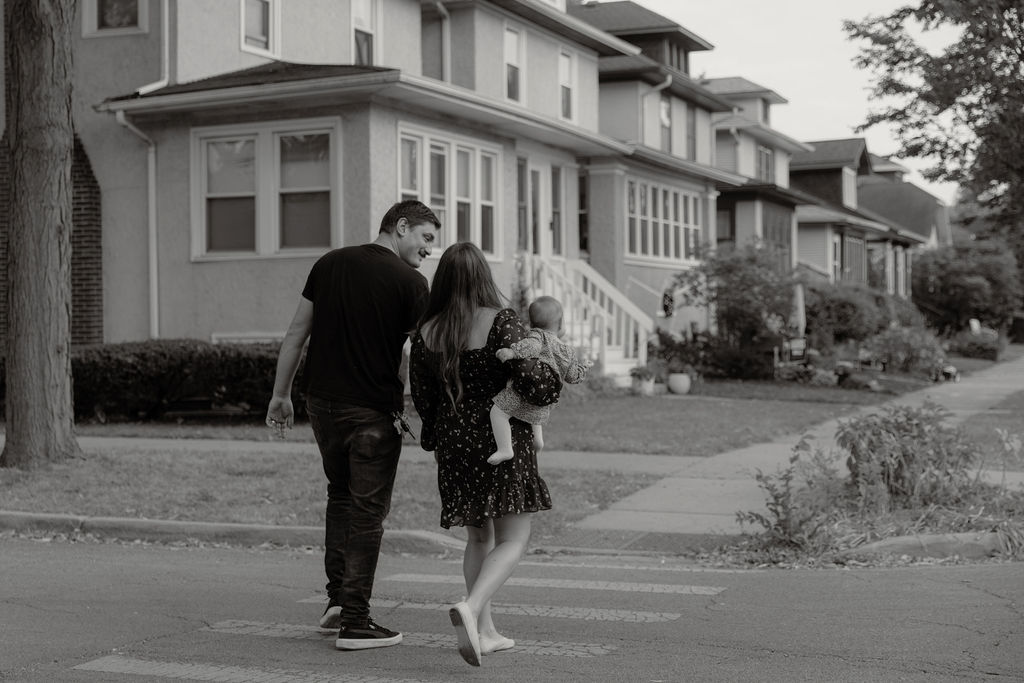Strategies for Emotional Resilience: Dealing with Others’ Negativity

It’s common for one person’s mood to affect those around them, particularly in close relationships like marriages and families. While we can only control our own perspective, mood, and reactions, not those of others, negative moods can still impact the household atmosphere. Various factors like life transitions, job losses, or economic challenges can affect someone’s mental or emotional resilience, creating a ripple effect on those nearby. Though it’s never acceptable for someone to direct their stress toward others, many relationships face this challenge. Having a persistently negative presence in one’s living space can be particularly challenging, especially when it feels beyond one’s control.
High poor life ratings in U.S. may contribute to negativity in relationships.
According to Gallop’s research, we see records high in the U.S’s poor life ratings. If this has been present in your relationships and in your own life, you are not alone.
- The “suffering” rate has climbed for both Democrats and Republicans
- The percentage of adults classified as “thriving” has dropped again, to 51.2%
- Daily stress and worry remain steady and near pre-pandemic levels
These statistics paint a concerning picture of the current state of well-being in the United States. With nearly half of adults not classified as “thriving” and suffering rates increasing across political affiliations, it’s clear that many Americans are struggling with their mental and emotional health. This widespread decrease in life satisfaction likely contributes to the negative environments many people experience in their homes and workplaces, making it even more crucial to develop strong emotional resilience strategies.
Getting out of bed late, feeling overwhelmed, and having difficulty focusing are common responses when surrounded by negativity. It’s important to remember that how we live our lives is our responsibility. Someone else’s negativity doesn’t have to create more negativity. Consider asking questions like: What can be done today? What energy is available? How can self-care be prioritized? Focusing on these aspects and taking back control helps maintain productivity regardless of others’ moods.
How do we go about our day or life when other’s emotions or actions are taking the wind out of our sails?
One important way to not let another’s mood affect us is to practice emotional detachment. This doesn’t mean you’re indifferent or don’t care; it simply means that you acknowledge the other person’s mood without letting it sway your own. A few tips for this include:
Practice Emotional Detachment for Resilience
- Recognize the other person’s emotions: Acknowledging someone’s bad mood is the first step. You can’t change how someone else feels or acts, but you can control your reaction to it.
- Don’t take it personally: Remember that everyone has bad days. It’s not necessarily about you, so try not to take it to heart.
- Set boundaries: You have the right to protect your emotional space. If someone else’s mood is bringing you down, it’s okay to step back and give yourself some distance.
- Focus on what you can control: You can’t control how others feel, but you can control how you react. Focus on maintaining your own positive outlook.
- Practice self-care: When you’re feeling overwhelmed by someone else’s negativity, take some time to care for yourself. This could be anything from a quiet moment of meditation to a walk in the park.
Remember, it’s okay to be affected by someone else’s mood – it shows empathy. But by implementing these strategies, you can prevent it from derailing your day.









